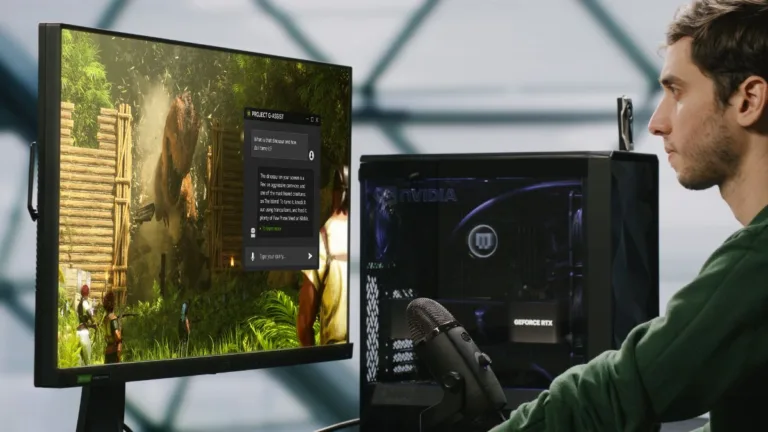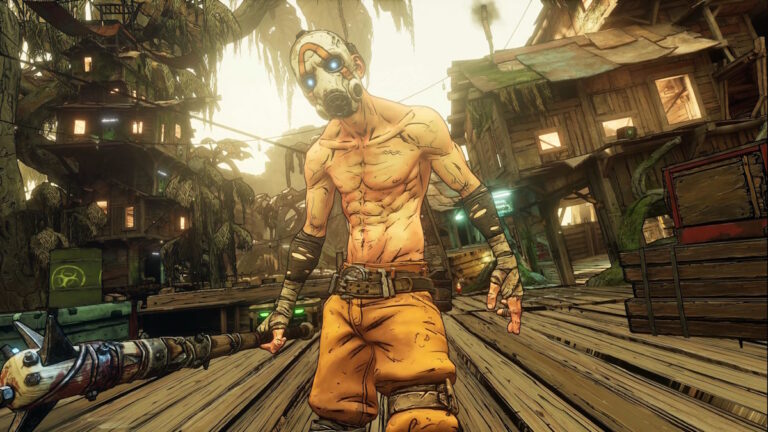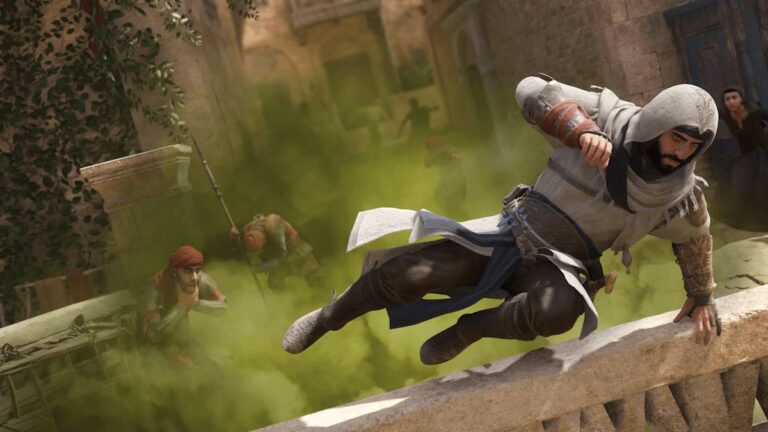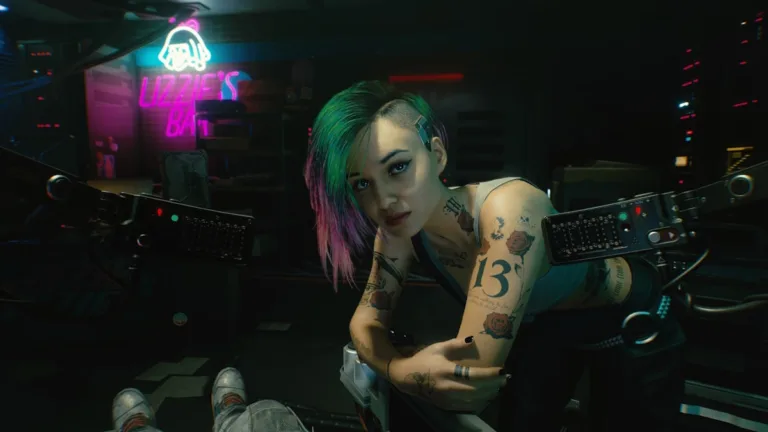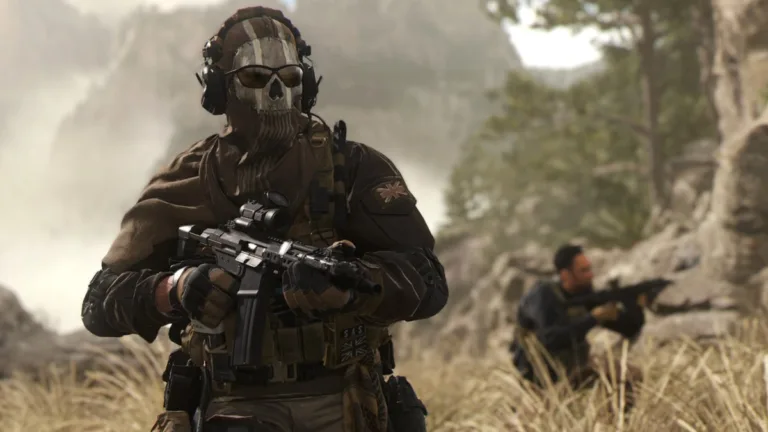Starfield’s Performance on Xbox Consoles Is Reportedly Way Better Than Past Bethesda Games
Starfield is now available to those who pre-ordered the Premium Edition, and it’s being received fairly well — even more so on the performance front, which is unusual for developer Bethesda, whose titles have historically debuted with inconsistent framerates on consoles. As per Digital Foundry’s breakdown, the much-anticipated space sci-fi RPG runs at a solid 30fps on both the Xbox Series S and Series X, exactly as the studio advertised. At a glance, there doesn’t seem to be a concerning amount of disparity in visual fidelity between the two versions, though the higher-end Series X does appear to have more geometric detail.
Some of that sharper detailing must have to do with the screen resolution(s) Starfield’s running at on console. Digital Foundry notes that the version running on Xbox Series X outputs a 4K image, thanks to AMD’s FSR super-sampling technology that enhances visual quality while not dropping any frames. Internally though, the game is rendering at 1440p resolution, before getting upscaled to appear crisp Ultra-HD. Meanwhile, on the Xbox Series S, Starfield renders at 900p, before getting upsampled to produce a 1440p image. Regardless, the game runs at 30fps, which certainly drew the ire of fans when it was announced, though it must’ve been done to cope with the CPU load a game of this scale inflicts.
The report mentions two key areas where Starfield faltered — the large cities New Atlantis and Akila, both of which suffered from ‘significant’ stutters and frame drops, despite being capped to 30fps. This appeared consistent on both the Xbox Series X and Series S, albeit the low-cost console has generally been posing technical limitations for developers in recent times. Baldur’s Gate 3’s Xbox port comes to mind, which for the longest time, never got a release window because Larian Studios was struggling to incorporate a split-screen co-op feature on the Series S. Some of those framerate-drop issues in Starfield are reduced by the motion blur effect, which Digital Foundry claims can be turned off at will. This is ideal for those suffering from motion sickness.
Having personally played the laggy Fallout 4 at launch, followed by taking Fallout 76 for a spin, I too got roped into accepting the inside joke amongst Bethesda fans — waiting for a couple of months before purchasing, so any performance issues and bugs are ironed out. However, it doesn’t seem as bad, this time around. As for the PC version, Starfield lacks Nvidia’s DLSS option at launch, which generally helps games to run at higher framerates, while not sacrificing too much visual quality. Instead, you’ll only find AMD’s AI-powered FSR 2.0 upscaling tech, which shouldn’t come as a surprise, considering the chipset company is the ‘exclusive partner‘ for Starfield on PC.
It’s unclear what this exclusivity deal means for Nvidia GPU owners. Sure, you can still get some performance benefits by enabling FSR2, though it won’t be nearly as ideal when you’re running it on a card from a different manufacturer. Also, running FSR upscaling on an Nvidia card results in a fuzzy mess when looking at character models up close. While Bethesda hasn’t commented on support for DLSS in the future, AMD gaming chief Frank Azor assured that there’s nothing stopping the studio from including DLSS support in Starfield. “If they ask us for DLSS support, we always tell them yes,” he told The Verge.
Starfield is already out in early access for those who pre-ordered the Premium Edition; for everyone else, the game releases worldwide September 6 across PC, Xbox Series S/X, and Xbox Game Pass.


